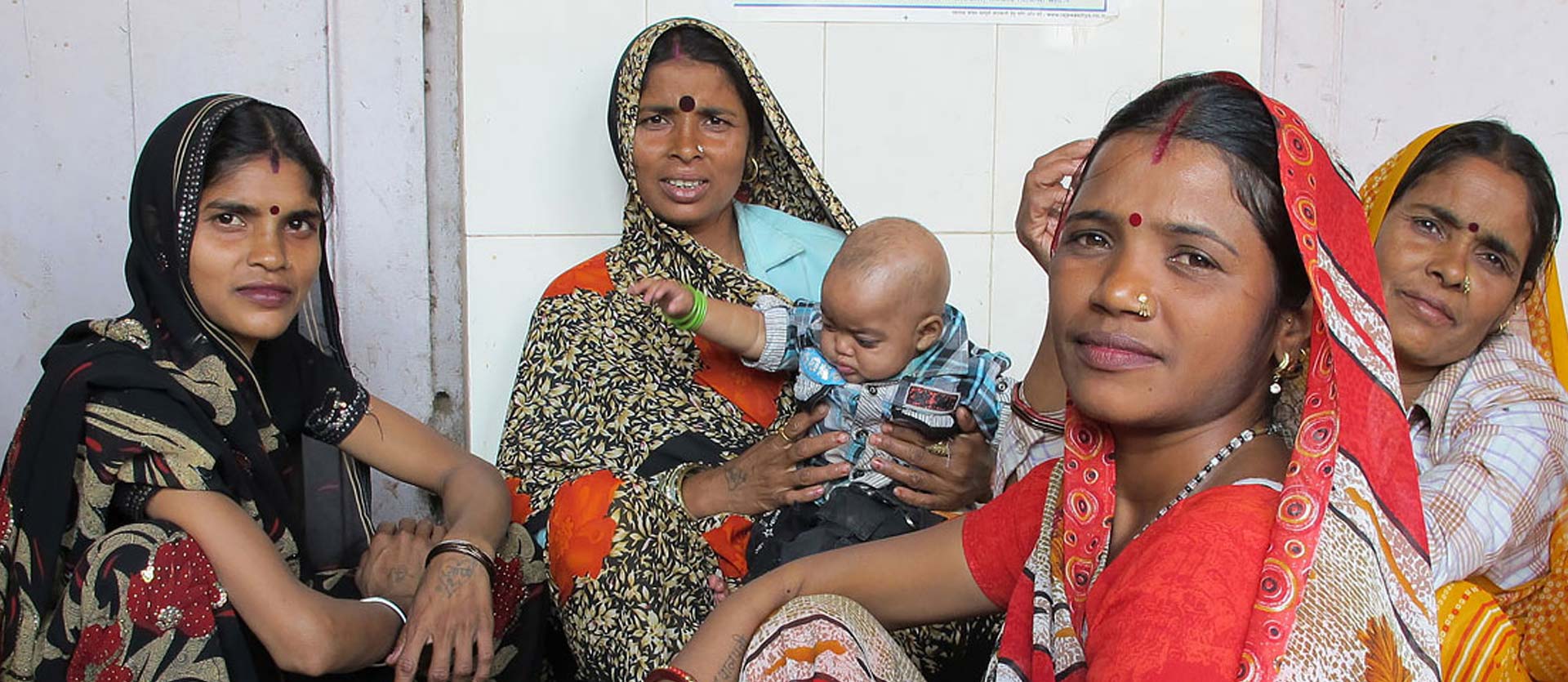![]()
Maternal Health
Over the last two decades, the global community has witnessed a remarkable reduction in the annual number of maternal deaths worldwide. Yet, too many women continue to die in pregnancy and childbirth from preventable and treatable causes, and national maternal mortality averages often conceal large inequities within countries.
MCSP’s strategy for maternal health emphasized a health systems and quality improvement approach to reduce direct and indirect causes of maternal morbidity and mortality. We addressed the major direct causes of maternal mortality, including postpartum hemorrhage (PPH), pre-eclampsia and eclampsia, peripartum maternal infection, and prolonged labor. We also addressed the indirect causes that constitute an increasing burden of maternal mortality including prevention and treatment of anemia, HIV, malaria, tuberculosis, hypertension and other chronic diseases.
We applied a health systems lens to work with national, regional and district managers and frontline health workers to strengthen essential health system functions and to continuously improve utilization and quality of maternal and newborn care across the system (community, primary, referral) and life cycle (antenatal care, birth, postnatal care) continuums of care.
We supported work at three primary levels to advance coverage and quality of high-impact integrated maternal and newborn and postpartum family planning services in low-resource settings:
- Sub-national health systems and service delivery
- National policy and strategy
- Global policy and initiatives
At the sub-national level, we worked closely with regional and district government and partner stakeholders and frontline health care workers to strengthen integrated maternal and newborn routine and complications services with a strong focus on health systems strengthening and quality improvement. At the national level, MCSP worked with national ministries of health and maternal and newborn stakeholders to advance favorable national policy and strategy. We regularly supported national ministries of health to update national maternal health policy and strategies. At the global level, MCSP worked closely with the World Health Organization (WHO), UNFPA, the Maternal Health Task Force, the Ending Preventable Maternal Mortality Working Group and other stakeholders to advance favorable maternal and newborn health policy and initiatives.
The Program coordinated efforts with routine monitoring and periodic evaluation to support global, regional, national and local learning and decision-making needs, and to advance reproductive, maternal, newborn and child health priorities. MCSP’s maternal health vision linked closely with the Program’s strategies to engage communities and increase demand for health services, working toward equity in access to and quality of respectful care at both the community and facility levels.

